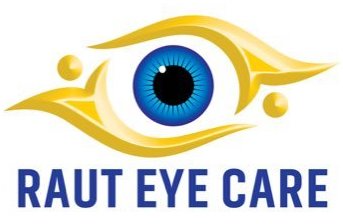
Keratometry is a diagnostic test used by eye doctors to measure the curvature of the cornea, the transparent outer layer of the eye.This test helps eye doctors to determine the power of a corrective lens that will be required to correct vision.
It is usually done in combination with other tests such as refractometry, which measure the eye’s refractive power.The test involves shining a low-powered light beam into the eye and then measuring the reflection of the light with a keratometer.
The keratometer measures the curvature of the cornea in two directions, the vertical and horizontal meridians.The results are used to calculate the dioptric power of the cornea, which is then used to determine the corrective lens that will be needed to correct vision.






